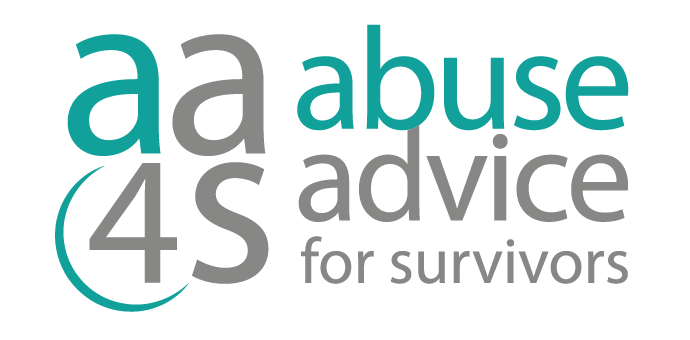WHY CARE?
When a child is deemed to be in need of care outside the family due to problems at home in childhood such as drink, drugs, neglect , mental health, abuse of a physical or sexual nature, or sometimes the death of one or both parents, the local authority are obliged to become the corporate parent, and will take steps to find alternative accommodation.
In the first instance, often in an emergency situation, foster care is the obvious choice. Whilst the local authority is now highly regulated, the rules many years ago in the 1960’s, 70’s, and 80’s, were not so strict. Foster parenting was regarded very much as an extension of the love which natural parents should or could not provide, whereas now, they are regarded as pseudo professional residential care workers. Much more care is taken to ensure that potential sex offenders do not enter the foster care network and potential candidates are carefully vetted.
VOLUNTARY OR COMPULSORY?
A child can go into care either with or without the consent of his/her natural parents. Whilst social workers try to seek the co-operation of the parents, sometimes a child must be removed from the family home for his/her own safety and protection. The local authority will usually apply to the court for a care order, which formally authorises the local authority as the corporate parent. All decisions as to residence, health, education, and welfare, are thereafter made by the local authority.
CHILDREN'S HOMES CLOSE DOWN
Until the early 1980’s residential children’s homes were numerous, and a popular choice for social workers to house children in care. Under the Thatcher government, however, it was decided that owing to the expense of children’s homes, and their boarding nature, foster care was a cheaper and better alternative. Many children’s homes closed as a result. Those homes remaining are used for children with specialist help such as the disabled, mental health problems, and special needs.
A relationship between a child who is much in need of love and care, but who wishes to be at home with his often unsuitable and uncaring parents, and his/her foster parents will inevitably be tense and fraught with difficulty. A child will often test a foster parent in an effort to find out how much they are cared for, or with a view to being removed back to his/her natural family. Relationships thus do break down, often in conflicted situations.
VULNERABILITY OF CHILDREN
Sadly abuse of a physical, sexual, and emotional nature sometimes has and does take place, for which the child, or care leaver is entitled to be compensated for. Often the young child is not in a fit psychological state to be able to do anything about his/her abuse until many years later when he/she realises that firstly what happened was wrong, and secondly is robust enough mentally to be able to deal with his/her past.
PSYCHOLOGY OF THE CHILD VICTIM
There are many triggers which can provoke someone to deal with their past. Common triggers are child birth and the media. For more detail click here
Often victims blame themselves for the abuse, which thus discourages them from doing anything about it. This embarrassment , particularly when it is sexual abuse, acts as an impediment for many years, and hinders any action whether of a psychological, criminal (proceedings against the abuser), or civil (compensation) nature. In the case of foster care, because of the close familial nature, it is often the fear of breaking up the family unit, and misplaced loyalty to the abuser that acts as an impediment.
LEGAL CLARITY NEEDED
The law surrounding abuse in foster care is unclear, and in a state of flux. Until 2012 legal proceedings against the abuser/foster parent personally were always possible subject to time delay and asset issues, but in December 2012 the Supreme Court handed down judgment in the case of Woodlands v. Essex County Council. For the first time at English Law, it became possible to blame a local authority for the abuse of foster parents. For further clarification please contact us.
The abuse of children in foster care can be categorised as sexual, physical, or emotional or racial. For more details click the links.









